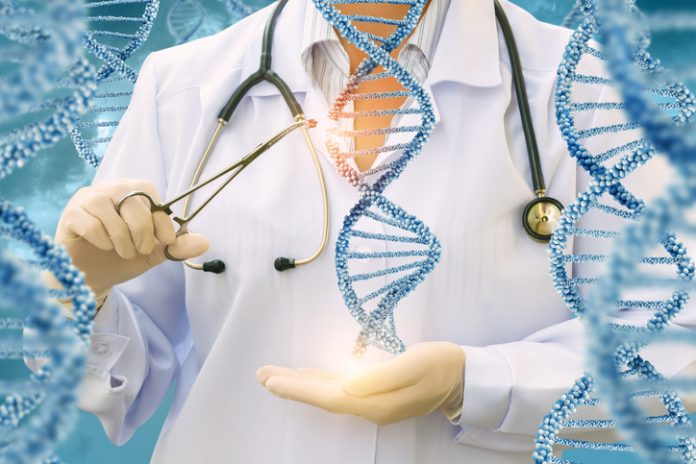
After a strong reception to trainings sessions in California, Germany and the U.K, Thermo Fisher Scientific has more than doubled its series of hands-on workshops for both CRISPR and TALEN gene editing technologies. The four-day workshops will be held at Thermo Fisher training facilities around the world including North America, Europe, the Middle East and Asia.
The workshops will provide an overview of CRISPR/Cas9 and TALEN technologies through both lecture-based sessions and laboratory practice. The focus will be on topics spanning experimental design strategies, methods for delivering guide RNAs (gRNAs) and Cas9 mRNA/Cas9 proteins into cells for generating gene knockouts, the use of TALs as genome-editing tools for gene knockins, and approaches to analyzing editing efficiency. The workshops will highlight the use of TALEN genome-editing technology for genome-editing applications, including single-nucleotide polymorphism (SNP) repair.
Workshop participants will have the opportunity to design a genome-editing experiment with experts in the field. “Our workshops are designed to equip researchers with the instruction and hands-on training they need to comfortably utilize the leading genome-editing technologies in their own labs,” said Helge Bastian, Ph.D., VP and general manager of synthetic biology at Thermo Fisher Scientific. “As the practice of engineering nucleic acids in silico, in vitro, and in living cells evolves at a high-speed pace, it is increasingly important for life science professionals to learn about the basics and the newest formats of these high-precision molecular technologies. This will enable them to unravel the underlying mechanisms of normal cellular processes and disease onset or progression, support the discovery and development of new drugs, and enhance biomanufacturing and therapy solutions.”
In Thermo Fisher's training workshops, participants will attend comprehensive lectures from scientific experts on genome editing and cell engineering. Attendees will also take part in training sessions using the highly efficient CRISPR-Cas9 system and TALEN technology. The workshops include:
- an overview of the principles and use of the CRISPR-Cas9 system and TALEN technology for genome editing;
- experimental design strategies for successful execution of gene editing projects;
- methods to evaluate and validate gene editing efficiency;
- delivery of gRNAs and Cas9 mRNA or Cas9 protein into the cell line using a lipid-based transfection reagent or electroporation to generate a gene knockout;
- how use of TALs as a genome-editing tool can optimally support the knock-in workflow;
- determination of general editing efficiency with a PCR-based DNA mismatch method (Genomic Cleavage Detection Assay) and detection of the SNP change through analysis of fluorescent protein expression; and
- an opportunity to connect with experts to design a genome editing experiment.
Registration for the workshops are limited to eight people per class. Registration is now open for the workshops on the Thermo Fisher website.











